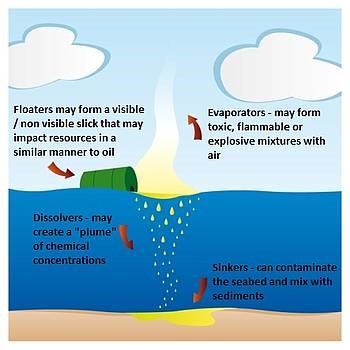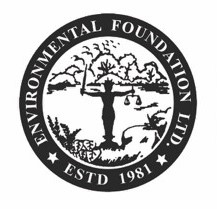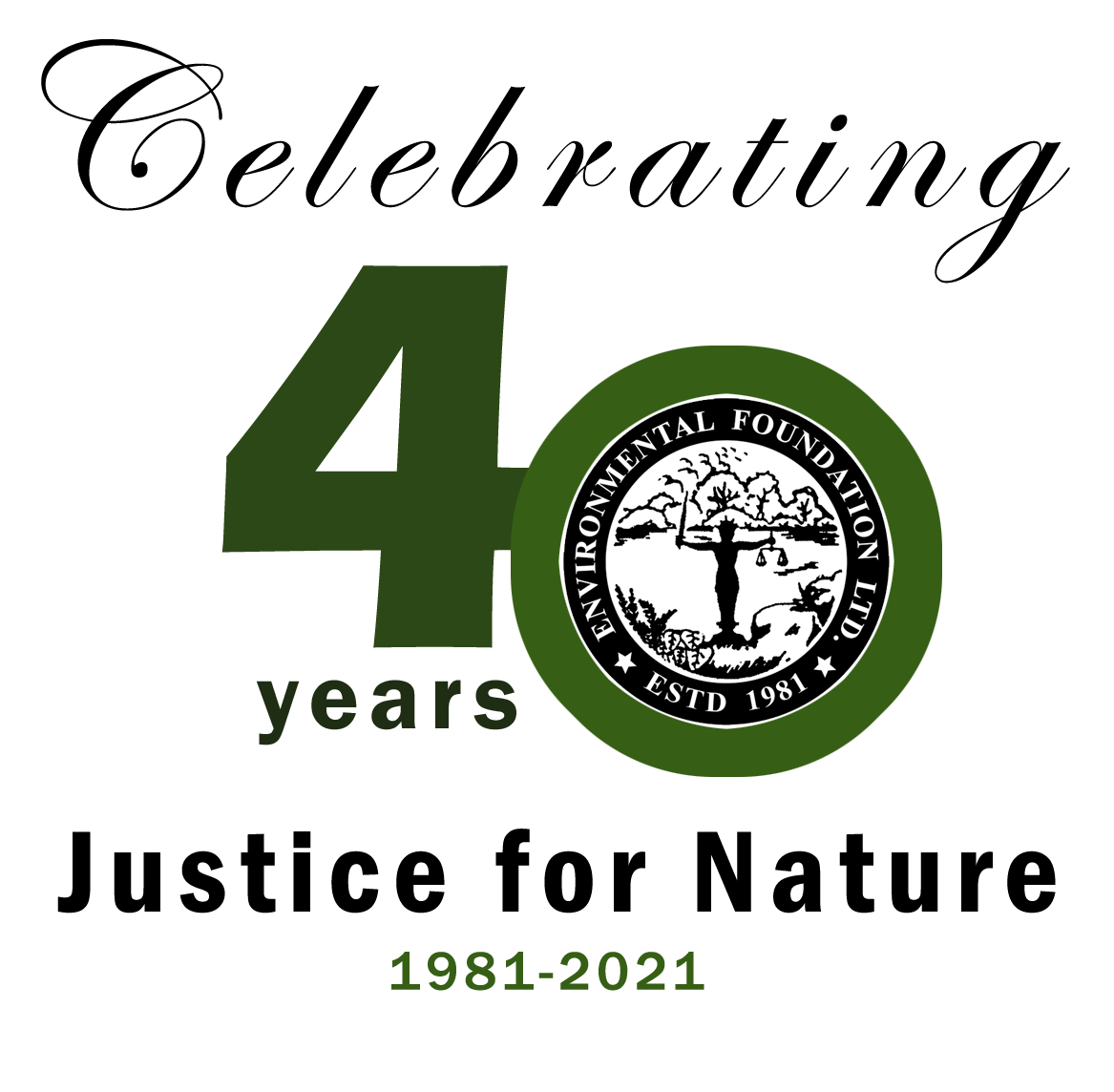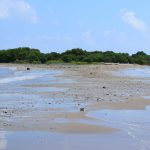PART III: Learning in Progress
The issues connected to this disaster will continue to manifest with time and we ought to look at every step in order to identify where we fell short of preventing the disaster and mitigating the impacts. Therefore, this section will look at the general liabilities of the Port States and the Coastal States under international law and the lessons learnt so far from the events that occurred leading to the sinking of the ship. We will have to keep monitoring the situation and evaluate it from the perspectives of the harm to the community and the environment in the long term to truly comprehend the impacts and the ensuing liabilities. This is truly the beginning of the ‘end’ and the State, private sector, civil society and the community will have to work together in mitigating the impacts of this disaster. . Furthermore, the tarnishing of the image of Sri Lanka as a Port State will not help Sri Lanka to achieve the ambition of being a maritime hub.
Powers under International Law
-
UNCLOS 1982
-
Articles mentioned under liability of Flag States can also be interpreted as powers of the Port State.
-
Article 19- Allows innocent passage of ships as long as it is not prejudicial to peace, good order and security of the coastal state. Under subsection (h), if the vessel is causing wilful and serious pollution, that passage is not innocent.
-
Article 21 -Laws and regulations of the coastal state relating to innocent passage – Coastal State to adopt laws and regulations in conformity with the international law related to innocent passage and territorial sea, regarding: inter alia conservation of living resources of the sea, preservation of the environment of the coastal State and the prevention, reduction and control of pollution.
-
Article 24- Duties of the coastal States – The coastal State shall not hamper the innocent passage of foreign ships though the territorial sea except in accordance with the Convention. In this regard the States shall not impose any requirements on foreign ships which have a practical effect of denying innocent passage or discriminate in form or in fact against the shops of any state or against ships carrying cargoes.
-
Article 25 states that in such an event, coastal States can suspend the passage of such a ship. In par with this, s 24 and s 25 of MPPA 2008 is applicable by MEPA.
-
Article 98- Duty to render assistance : Every state shall require the master of a ship flying its flag to render assistance to any persons requiring rescue and to ships after collision. Every coastal state shall promote the establishment, operation and maintenance of adequate and effective search and rescue services regarding safety at sea.
-
Article 221 – Defines ‘maritime casualty.’ States can take and enforce measures to protect coastline and their related interests. Therefore, Marine Pollution Prevention Act, No. 35 Of 2008 governs incidents related to pollution in the maritime zones, its fore-shore and the coastal zone of Sri Lanka according to the long title of the Act.
-
Article 222 – States can enforce laws to prevent, reduce and control pollution of marine environment from or through the atmosphere, in conformity with international rules and standards.
-
-
Memorandum of Understanding On Port State Control for The Indian Ocean Region 1998
Both India and Sri Lanka are parties to the MOU. Maritime Authorities of the State Parties are referred to as ‘the Authorities’ here. The preamble recognises the need to increase maritime safety, protection of the marine environment and that effective action is required from Port States to prevent the operation of substandard ships. This MOU also deems the MARPOL Convention 1973/78 as a relevant instrument for its scope.
Regarding the incident of X-Press Pearl, section 03 of the MOU is important, as it provides for inspection procedures, rectification and detention of vessels. The Authorities will carry out an inspection on the vessel which includes a visit on board and satisfy themselves of the crew, and overall condition of the ship, its equipment and machinery spaces.
Section 3.6.3 states that where deficiencies hazardous to safety, health or the environment are present, then the Authority will detain the ship or stop its operations until the hazard is removed. Per s 3.8.1, if the deficiencies cannot be remedied at the port of inspection, the Authority may allow the ship to proceed to another port, or the nearest repair yard, subject to appropriate conditions.
Furthermore, the Authority will notify the competent authority of the State where the next port of call or the repair yard is situated, the parties mentioned in s 3.7 and any other authority as appropriate. The Authority receiving such notification will inform the notifying Authority of the action taken.
Thereby, why the Port in Hazira, India did not inform the Port of Colombo, Sri Lanka, that the former was unable to remedy the leaking acid consignments and that the ship is now en route to Colombo port is questionable.
“Why was the leaking container not offloaded in India or Qatar?
The ship underwent discharge and loading operations in both Hamad Port in Qatar and Hazira Port in India before continuing on its planned journey to Colombo. Applications had been made to both ports to offload the container that was leaking nitric acid, but the advice given was there were no specialist facilities or expertise immediately available to deal with the leaking unit.”

Image Credits: The Straits Times
What were the loopholes?
A huge controversy has erupted whether the Ship notified SLPA of leaking acid containers. The Sri Lankan government has strictly denied any knowledge. Furthermore, the Harbour Master says that the fire was controllable, but the fire went out of hand due to weather conditions and ocean currents.
A chemical vessel accident is not new to Sri Lanka. On 4th April 2009, M/T Granba which carried 6250 mt of sulfuric acid was sunk off Trincomalee. Therefore, the X-Press Pearl stands as a horrifying instance that shows how less disaster-prepared Sri Lankan authorities are. From spraying water to an acid induced fire, to lack of communication and coordination, Sri Lanka’s aspirations to be a maritime hub would be only a dream.
Being a biodiversity hotspot, adorned with natural beauty, protection of marine wildlife and the ecosystem should not be on the backburner. If Sri Lanka does not want the polluter to pay his way out with much ease, Sri Lanka also needs to have stricter domestic laws and enforcement. The government bears a responsibility to the citizens as fishery and tourism are two main industries that many communities thrive in. From daily wage earners to the hotels, the coastal environment, the sea and her resources are of utmost importance. Therefore, updating Sri Lanka’s laws is a must to protect her interests as a coastal State.
Allocating finance to buy the necessary equipment to combat spill accidents and train personnel has to be a priority as well. Further attention needs to be on whether international cooperation is used effectively to address situations such as this, where we would need technological, technical or resource assistance.
Sri Lanka currently has an Oil Spill Contingency Plan. This was triggered after the ship sank on the 2nd of June. This Plan is limited in scope and application to oil spills and has to be expanded to cover any pollution vessels carrying dangerous cargo in Chapter VII of SOLAS 1974 and provide protection to Sri Lanka.
The International Tanker Owners Pollution Federation (ITOPF) website discusses potential responses for the different chemical behaviours: Gas & Evaporators, Dissolvers, Floaters and Sinkers.
‘Visual or instrumental based monitoring can be an effective response tool during HNS incidents as the results can confirm the conditions on site and can sometimes be fed back into computer generated models used to predict fate and behavior of spilled chemicals.’ A similar method is used at the National Oceanic and Atmospheric Administration (NOAA) in the United States of America. Furthermore, NOAA uses environmental sensitivity index maps. ‘These maps are created to serve as quick reference guides that describe the characteristics and uses of the shorelines near spill areas — critical information that helps responders decide how to deploy limited resources and manpower.’ From tracking the bio-effects and contamination to strict observation and helping the affected communities, NOAA uses the best practices to diligently counter oil and chemical spills. When developing a Chemical Spill Contingency Plan, these points would come in handy.

Image Credits: ITOPF
-
This incident also serves as a bleak reminder as to how vulnerable Sri Lanka is, had a similar incident like the Beirut Port Explosion happened in our ports. How strongly the International Code for the Security of Ships and of Port Facilities (ISPS Code) implemented by IMO on July 1st 2004 as an amendment to the SOLAS 1974 is enforced in Sri Lanka is another pertinent question to ask. ‘The main purpose of ISPS is to regulate and control the security and safety of the crew, ships, ports, and cargo as they travel through international waters. It accomplishes this by assigning levels of responsibility to governments, shipping companies, shipping personnel, and port operators to detect security threats and enact preventative measures as a result.’ Else vessels would come, pollute or pose a security threat and go, but Sri Lanka as a port State, would always walk on thin ice.
The Way Forward
Sri Lanka will be facing the effects of this disaster for the decades to come. The direct and indirect effects of the disaster are yet to be known. Moving forward it is important to identify the gaps in the laws and policies in addressing unforeseen issues and remedying them and strengthening the preparedness for disasters of this nature are crucial.
Not letting this harsh lesson go to waste and being better prepared is the best alternative Sri Lanka has as the answer for the future.
“We have a responsibility toward the other life-forms of our planet whose continued existence is threatened by the thoughtless behavior of our own human species … Environmental responsibility ― for if there is no God, then, obviously, it is up to us to put things right.” – Jane Goodall
[1] MOU 1998, s 2. The content is available at <https://iea.uoregon.edu/MarineMammals/engine/Documents/2-1036-1064.html> accessed 01 June 2021. Hereafter referred to as MOU 1998.
[2 MOU 1998, s 3.8.1.
[3] X-Press Pearl – Incident Information Centre (MTI Network Incident Information Centre, as updated) <https://www.x-presspearl-informationcentre.com/> accessed 01 June 2021.
[4] ‘News 1st: Prime Time Sinhala News – 10 PM | (01/06/2021) රාත්රී 10.00 ප්රධාන ප්රවෘත්ති’ (Newsfirst Sri Lanka, 01 June 2021) <https://www.youtube.com/watch?v=C6SJfN12ieU> accessed 03 June 2021.
[5] ‘Chemical Spills’ (MEPA, 30 March 2020) <http://www.mepa.gov.lk/web/index.php?option=com_content&view=article&id=57&Itemid=63&lang=en> accessed 03 May 2021.
[6] ‘Chemical Spill Response Strategies’ (ITOPF, as updated in 2018) <https://www.itopf.org/knowledge-resources/documents-guides/hazardous-and-noxious-substances-hns/chemical-spill-response-strategies/> accessed 04 June 2021.
[7] ibid.
[8] National Ocean Service, ‘Oil and Chemical Spills’ (National Oceanic and Atmospheric Administration, as updated) <https://oceanservice.noaa.gov/hazards/spills/> accessed 04 June 2021.
[9] ‘Beirut explosion: What we know so far’ (BBC News, 11 August 2020) <https://www.bbc.com/news/world-middle-east-53668493> accessed 04 June 2021.
[10] ‘ISPS,’ (Freight Right Global Logistics, 2021) <https://www.freightright.com/kb/isps> accessed 04 June 2021.






No comments yet.